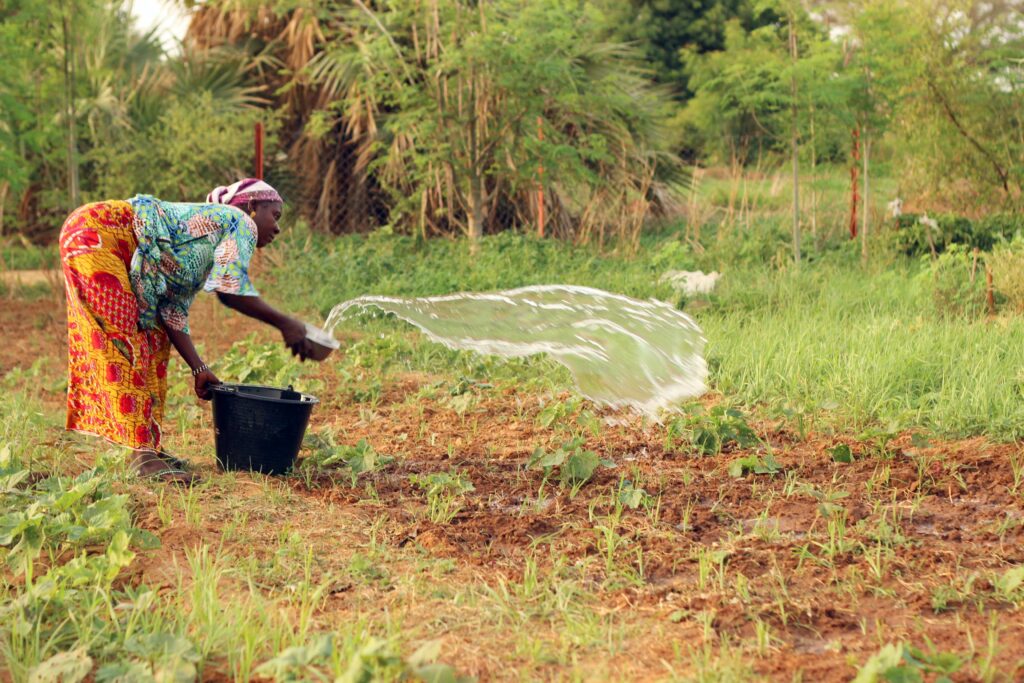Geneva, Switzerland – Climate negotiations organised through the United Nations Framework Convention on Climate Change are the primary platform for countries to define long-term cooperative action for addressing climate change and its impacts. A free online course published today guides participants towards a solid understanding of this complex negotiating environment, looking closely at negotiations on adaptation and their relevance for vulnerable countries, in particular LDCs, SIDS and African nations working with the Local Climate Adaptive Living Facility.
The self-paced course ‘International Climate Change Negotiations: Leveraging LoCAL Experience in Support of Climate Change Negotiations’ is available online on UN CC:e-Learn and aimed at climate negotiators from LoCAL participating countries, though technical staff, observers and interested individuals are also encouraged to sign up. The three-and-a-half-hour course brings together a decade of adaptation experience from the LoCAL Facility with the training and skills development expertise of the United Nations Institute for Training and Research (UNITAR), which developed the course.
“We are proud to offer this new online training to all those interested in advancing effective adaptation through negotiations,” said Sophie De Coninck, UNCDF’s Global Facility Manager for LoCAL. “We invite climate negotiators from the LDCs, SIDS and African nations implementing LoCAL to use and apply this course as part of our continued support for effective and sustainable adaptation that meets community needs in the most climate-vulnerable nations.”
The Local Climate Adaptive Living (LoCAL) facility, designed by the UN Capital Development Fund (UNCDF), promotes climate change-resilient communities and local economies through a standard, internationally recognised country-based mechanism that channels climate finance to local government authorities in developing countries, in particular the LDCs, SIDS and African nations. LoCAL aims to contribute with climate action and implementation, through the local level, to countries’ achievement of the Paris Agreement and the Sustainable Development Goals – particularly poverty eradication (SDG 1), sustainable cities and communities (SDG 11) and climate action (SDG 13).
This latest training complements and builds on a previous one-hour UNITAR training: Financing Local Adaptation to Climate Change: an Introduction to Performance-Based Climate Resilience Grants and 4 day in person training course on the same topic. These two trainings serve as an introduction to the LoCAL Mechanism and LoCAL’s performance-based climate resilience grants (PBCRGs) – which ensure programming and verification of climate change expenditures at the local level while offering strong incentives for performance improvements in enhanced resilience – with technical and capacity-building support.
UNITAR provides high-quality learning solutions to address the capacity development needs of individuals, organizations and institutions ensuring that knowledge and experience is shared without barrier.
To successfully complete the course, participants must pass all three modules and associated quizzes scoring more than 70% within three attempts. Upon successful completion of the course, they will be awarded an official UNITAR certificate of completion.

